When working in environments of extreme heat, your clothing and its materials matter for your comfort and safety.

There is one major reason why safety training fails to stick: knowledge transfer.
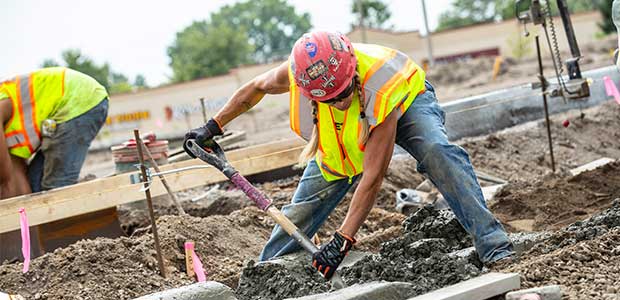
Those who do not respect the sun’s almighty powers may ultimately find themselves in a world of skin damage.

During a national crisis, substance abuse increases. That’s why keeping up your company’s drug testing is crucial, especially right now.

Given the current pandemic, it’s easy to postpone all but non-essential training; however, there are safe ways to train your employees while staying healthy.

Because the coronavirus infects us through the eyes, nose and mouth, proper PPE has become one of the most important tools during this pandemic. It’s crucial to pick the right eyewear for your safety.
In a COVID-19 world, social distancing and washing your hands are two of the most important safety measures. However, enforcing that in public and workplace bathrooms might be challenge.
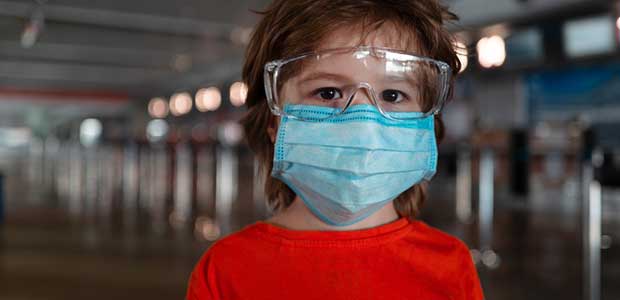
Recent discussions about the possibility of contracting the virus through our eyes are beginning to buzz. Scientists are still studying the virus for the answer, but here’s what experts have to say about the likelihood of eye-contraction and if goggles are necessary.

How do we protect employees at work post-pandemic? Contact tracing might be part of the answer.
There are many factors to consider when saying “radioactivity is hazardous.” Here is an attempt to summarize them in five points.
People are starting to loosen their social distancing practices and mask wearing—but the pandemic is not over. Here are some tips on how to go out while staying as safe as possible.
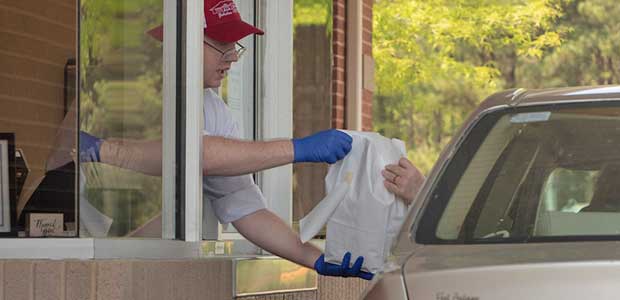
Mask ordinances vary by state and county, and many people believe the US is past the worst of the pandemic. But as workers in essential business are saying, they feel safe among themselves (with PPE and sanitation), but many customers are throwing caution to the wind.
Canadian Occupational Safety Magazine shared an article on food safety during the COVID-19 pandemic, and you might want to check out some of their tips.
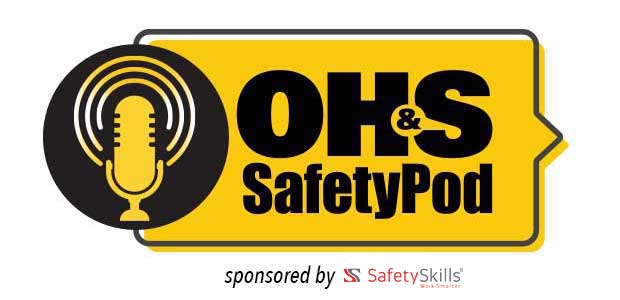
Episode 14
SafetySkills Instructional Systems Design and Project Management Team Lead, Lauren Brandeberry, discusses the ever-evolving landscape of safety training and eLearning with OH&S Editor Sydny Shepard on this episode of the podcast.

Connected safety and data collection are crucial to worker safety—but maybe now more than ever during the pandemic and its many remote workers. Read what Blackline Safety’s CEO Cody Slater thinks about the role of connected safety today and tomorrow.
A recent report from the National Safety Council (NSC) shares some surprising and tragic news: fatalities from motor vehicle crashes jumped 14 percent in the month of March despite quarantines.
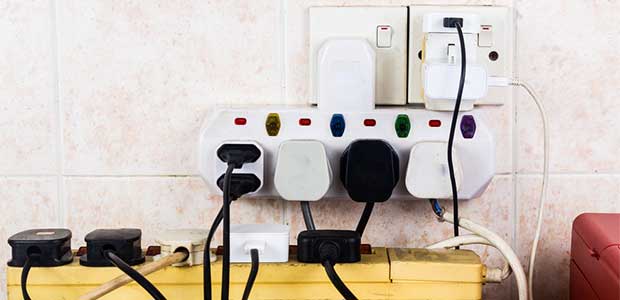
Although staff no longer must make the commute into the office, safety hazards can and do still exist in the home. Here's your WFH safety checklist.
Pollen is in the air—and that means it’s allergy season. During the pandemic, however, it can be hard to tell the difference between your average allergy and the coronavirus.
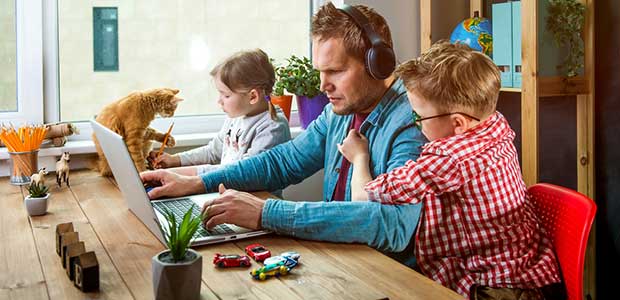
We’ve heard about ways to avoid burnout in various jobs, but what about burnout when working from home? Here are some things to watch out for and some tips on how to avoid it.
As businesses begin to reopen, many Americans are still wary of going to work, or cannot because they lack access to childcare. Here’s what you need to know, according to one NPR article.